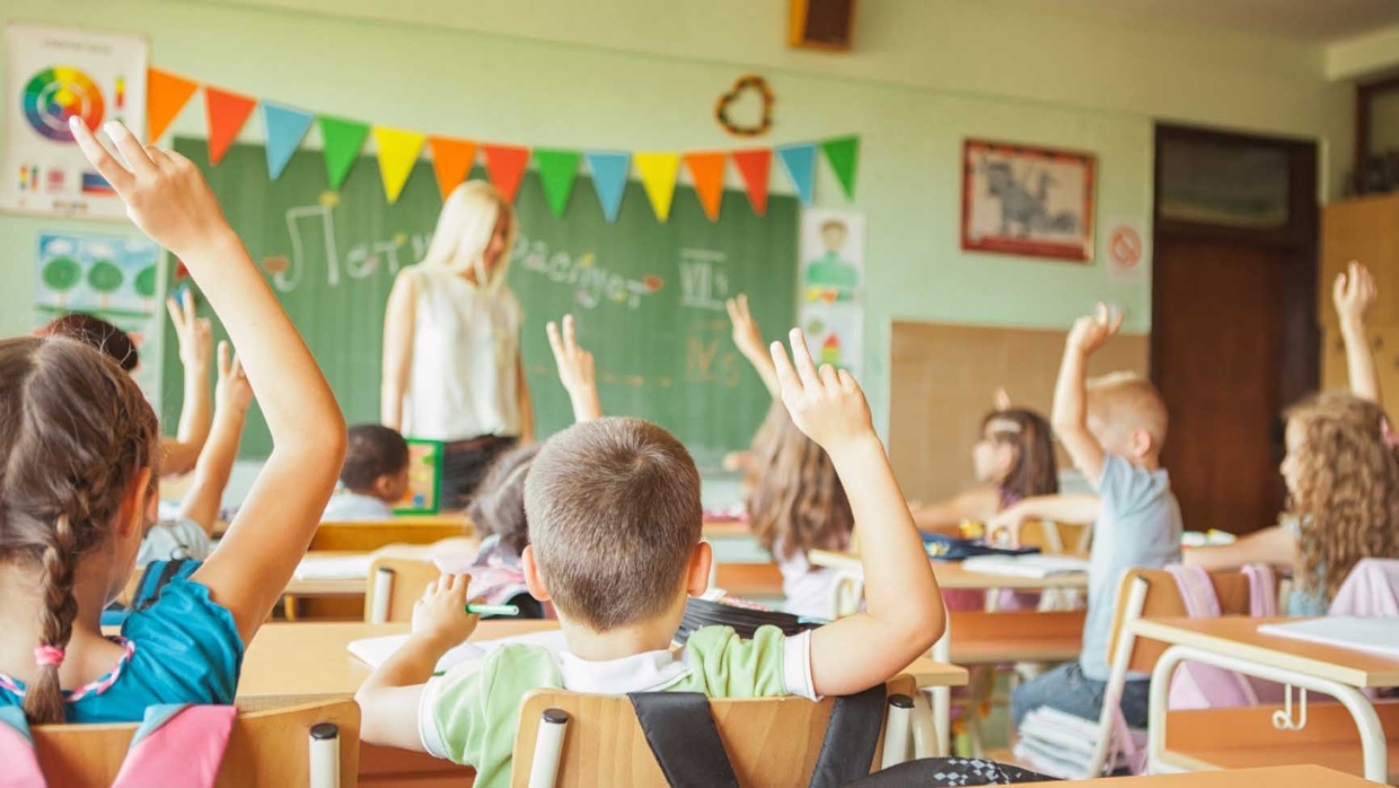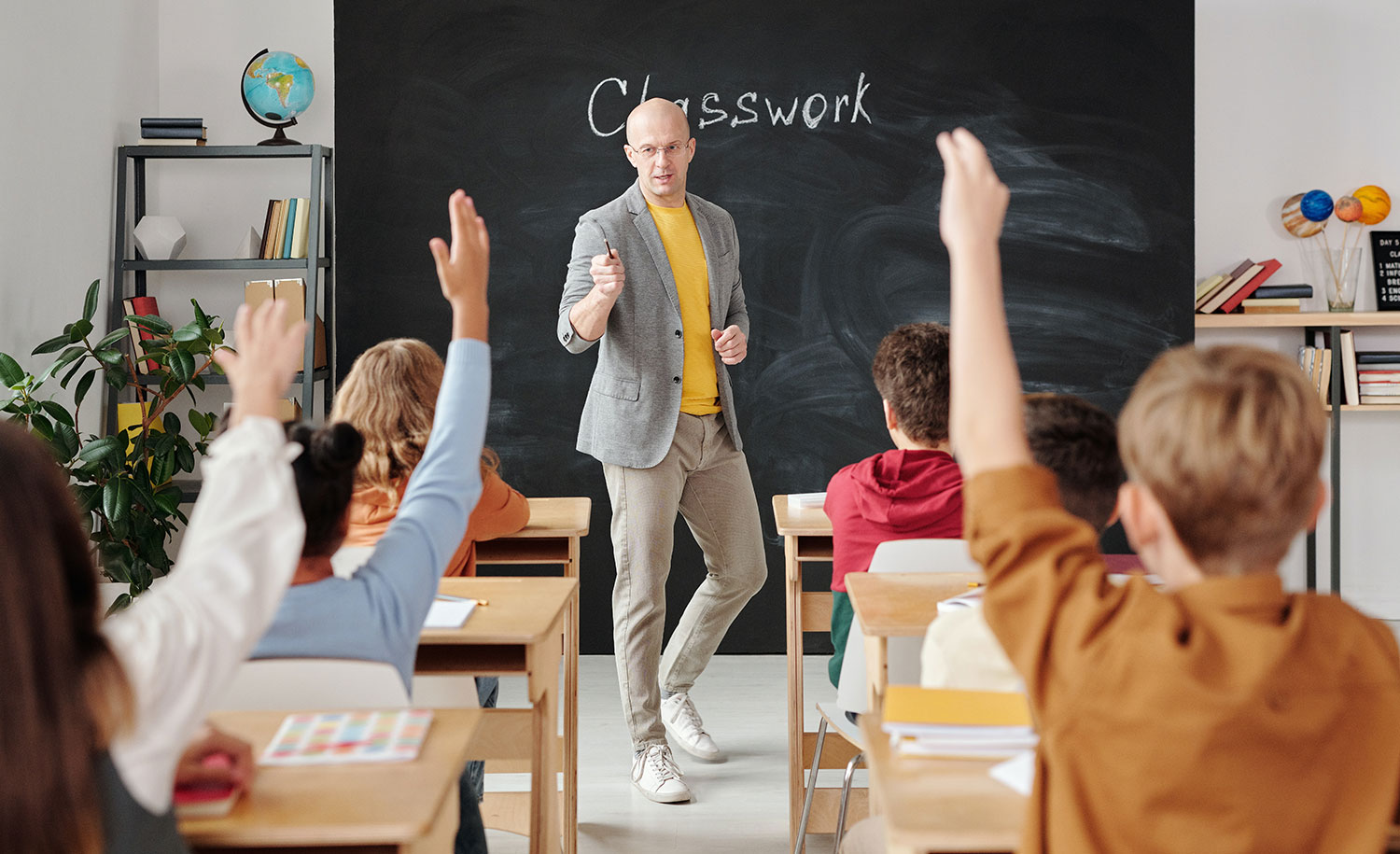Boost Your Child’s Confidence with Primary Science Tuition Singapore
Boost Your Child’s Confidence with Primary Science Tuition Singapore
Blog Article
Discover the Crucial Advantages of Understanding Key Science for Young Students
The significance of key science education for young learners prolongs much past mere knowledge purchase; it acts as a fundamental pillar in establishing essential skills such as important reasoning, problem-solving, and creativity. Engaging with clinical principles through inquiry-based and interactive activities not just grows inquisitiveness but likewise prepares for resistant, confident learners. As we check out these advantages better, it becomes clear that the effects for future scholastic and individual development are extensive. What particular techniques can teachers employ to make the most of these advantages?
Enhancing Essential Believing Skills
Cultivating important believing skills in young learners is essential for their cognitive development and future academic success. Critical reasoning makes it possible for kids to evaluate information, evaluate evidence, and make informed choices, which are crucial skills in today's information-rich culture. By taking part in clinical query, young learners can enhance these abilities as they explore concepts via reasoning, testing, and monitoring.
In primary scientific research education, teachers can facilitate critical reasoning by urging trainees to ask questions, create theories, and carry out experiments. This hands-on approach allows children to exercise analytic and develop logical thinking abilities. For instance, when students examine the residential or commercial properties of materials or the concepts of movement, they find out to assess their findings critically and reason based upon proof.
Additionally, discussions and joint projects can promote essential thinking by supplying possibilities for learners to articulate their thoughts, challenge assumptions, and think about diverse viewpoints. By developing a helpful setting that values questions and reflection, educators can support critical thinking abilities that empower young students to come to be independent thinkers and long-lasting learners. Inevitably, enhancing these abilities lays a durable foundation for their future academic ventures and personal growth.
Cultivating Inquisitiveness and Exploration

Main science education and learning supplies a structured environment where young students can check out various phenomena via hands-on experiments and monitorings. By allowing them to interact with products and involve in inquiry-based discovering, educators develop chances for kids to formulate hypotheses, evaluate their ideas, and reason. Such experiences support a sense of marvel and exhilaration concerning scientific research.

Building Self-confidence in Problem Resolving
Structure confidence in problem-solving is a vital element of main scientific research education that equips young students to come close to difficulties with durability and creative thinking - primary science tuition Singapore. They develop important skills in critical thinking and evaluation when kids are urged to involve with clinical concepts via hands-on tasks and inquiry-based knowing. This process not just improves their understanding of scientific concepts however also cultivates a sense of possession over their discovering
To develop confidence, educators should develop an encouraging setting where errors are checked out as chances for development as opposed to failings. This continue reading this motivates students to take risks and explore different remedies to troubles. By giving scaffolding and guidance, educators can aid trainees navigate intricate jobs, progressively raising their independence in problem-solving circumstances.
Furthermore, collective discovering experiences, such as team tasks or experiments, can better boost pupils' self-confidence as they find out to express their ideas and listen to others' point of views. These interactions support social abilities and strengthen the idea that problem-solving is typically a collective venture. Inevitably, growing confidence in analytical prepares young learners for future academic challenges and furnishes them with the tools necessary for lifelong knowing.
Urging Creative Thinking and Development
In the realm of key science education and learning, urging creativity and development is crucial for cultivating a vibrant knowing environment. By promoting a society where young students can check out concepts and experiment freely, instructors help trainees establish essential thinking skills and an enthusiasm for discovery. Creativity in science encourages children to ask inquiries, design theories, and involve in hands-on tasks that promote their creative imagination.
Integrating flexible tasks and inquiry-based understanding right into the educational program permits trainees to share their unique point of views and options. When tasked with addressing a problem relevant to their environment, pupils can brainstorm several strategies, leading to innovative outcomes that display their originality. This not just deepens their understanding of clinical concepts however additionally instills a sense of ownership over their discovering procedure.
In addition, creative science education nurtures partnership amongst peers, as pupils often share ideas and my latest blog post build on one another's understandings - primary science tuition Singapore. This collective spirit advertises not just advancement yet also vital social abilities. Therefore, by focusing on creative thinking and technology in key scientific research education and learning, we equip young students to believe critically, embrace difficulties, and imagine opportunities, laying a solid structure for long-lasting learning and exploration
Getting Ready For Future Discovering Difficulties
Young students' capacity to browse future understanding obstacles depends upon a strong structure in main science education and learning. This fundamental understanding furnishes pupils with important assuming abilities and an organized technique to problem-solving, important for taking on intricate problems in an ever-evolving world. Main scientific research promotes inquiry-based discovering, urging trainees to ask concerns, explore theories, and take part in directory hands-on experiments.
As they create these skills, learners end up being experienced at analyzing data, acknowledging patterns, and attracting informed verdicts. Such expertises are crucial not just in scientific fields however likewise in modern technology, mathematics, and engineering (STEM), where interdisciplinary expertise is progressively important.
Additionally, main science education and learning cultivates a feeling of interest and strength in young learners, enabling them to watch difficulties as opportunities for development. As they experience and get over barriers in their scientific explorations, they build confidence in their capability to adjust and introduce.
Inevitably, a solid foundation in primary science not just prepares young students for scholastic pursuits however additionally equips them with the tools needed for long-lasting learning and versatility in a quickly altering worldwide landscape. By investing in main science education, we are investing in the future potential of our learners.
Conclusion
Comprehending main science is crucial for young students, as it promotes important thinking, inquisitiveness, and imagination. Ultimately, the advantages of main science education prepare kids for future academic quests and instill long-lasting discovering routines vital for prospering in an ever-evolving world.
The importance of key science education and learning for young students prolongs much beyond mere expertise purchase; it serves as a basic pillar in developing essential abilities such as critical thinking, problem-solving, and creative thinking. By producing a supportive environment that values questions and representation, educators can support essential assuming abilities that equip young students to become independent thinkers and long-lasting students. Hence, by prioritizing imagination and technology in key scientific research education and learning, we empower young learners to think critically, embrace challenges, and picture opportunities, laying a solid foundation for lifelong discovering and exploration.
Young learners' capability to navigate future knowing difficulties hinges on a solid foundation in main science education and learning.Recognizing key science is vital for young students, as it cultivates crucial thinking, interest, and creative thinking.
Report this page